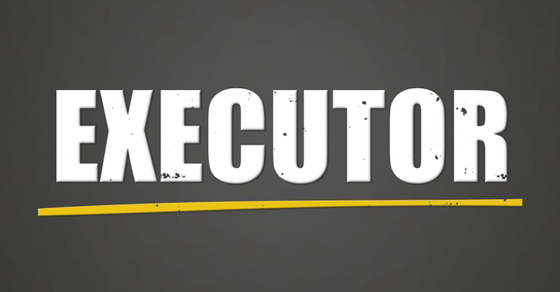Make no mistake, serving as an executor (or a “personal representative” in some states) is an honor. But the title also includes significant responsibilities. So if a family member or a close friend asks you to be the executor of his or her estate, think about your answer before agreeing to the request. Let’s take a closer look at an executor’s tasks.
First steps
In a nutshell, an executor handles all jobs required to settle the deceased’s estate. The first task is to obtain certified copies of the death certificate, which are needed to notify financial institutions where the deceased had accounts. Typically, the funeral home or other organization that handled the deceased’s remains can provide them. It’s not unusual to need a dozen or more copies.
An executor must also locate and read the will, if one exists. An attorney who specializes in estate planning can advise you on the terms of the will and the laws that apply. If the deceased had a trust, additional responsibilities may be involved.
Depending on local law, you may also need to file the will in probate court, even if probate proceedings aren’t necessary. Probate, or the legal process for administering an estate, is more common with larger, more complex estates. If the deceased had minor or dependent adult children, they may need to be connected with their guardians.
A clear, logical trail of the actions taken can show that the decisions you made as executor were prudent and in the interest of the estate. This can be critical if a beneficiary contests the estate’s administration.
Take inventory of the assets
Ideally, the deceased will have created a list of his or her assets. If not, some digging may be required. For instance, reviewing the deceased’s checkbook register or bank account statements may reveal regular deposits to a retirement account or life insurance premium payments. Then you’ll need to find out the value of these assets.
If the deceased received government benefits, such as Social Security, notify the agency as soon as possible. You may need to have fine jewelry and similar assets appraised. And you’ll need to maintain insurance on some assets while they remain in the estate, such as vehicles and real estate.
File a tax return, settle debts and distribute assets to beneficiaries
The deceased’s taxes and debts are typically paid before assets are distributed to the heirs. These might include outstanding tax obligations, funeral expenses, ongoing mortgage and utility payments, and credit card bills.
You may need to file an income tax return for the year of the deceased’s death, and check that the deceased’s other tax filings are up to date. If he or she had been sick, it’s possible that some tax obligations were neglected. Estates valued at $13.99 million or less (for 2025) generally don’t need to file estate tax returns.
You should be able to open a bank account in the name of the estate to make any payments. If you’ll need to delay payments while you sort out the deceased’s assets and expenses, let creditors know as soon as possible.
Keep beneficiaries and heirs apprised of the status of the will. After the deceased’s bills and taxes have been paid, you typically can begin distributing assets according to the terms of the will. However, some states require court approval before you take this step.
Close the estate
Your final task is to close the estate. This typically occurs after debts and taxes have been paid and all remaining assets have been distributed. Some states require a court action or agreement from the estate’s beneficiaries before the estate can be closed and the executor’s responsibilities terminated.
Be aware that completing the executor’s jobs can take a year or more, depending on the complexity of the estate. Moreover, in carrying out these duties, the executor acts as a fiduciary for the estate and can be liable for improperly spending estate assets or failing to protect them. Contact us for additional information regarding the duties of an executor.
© 2025
